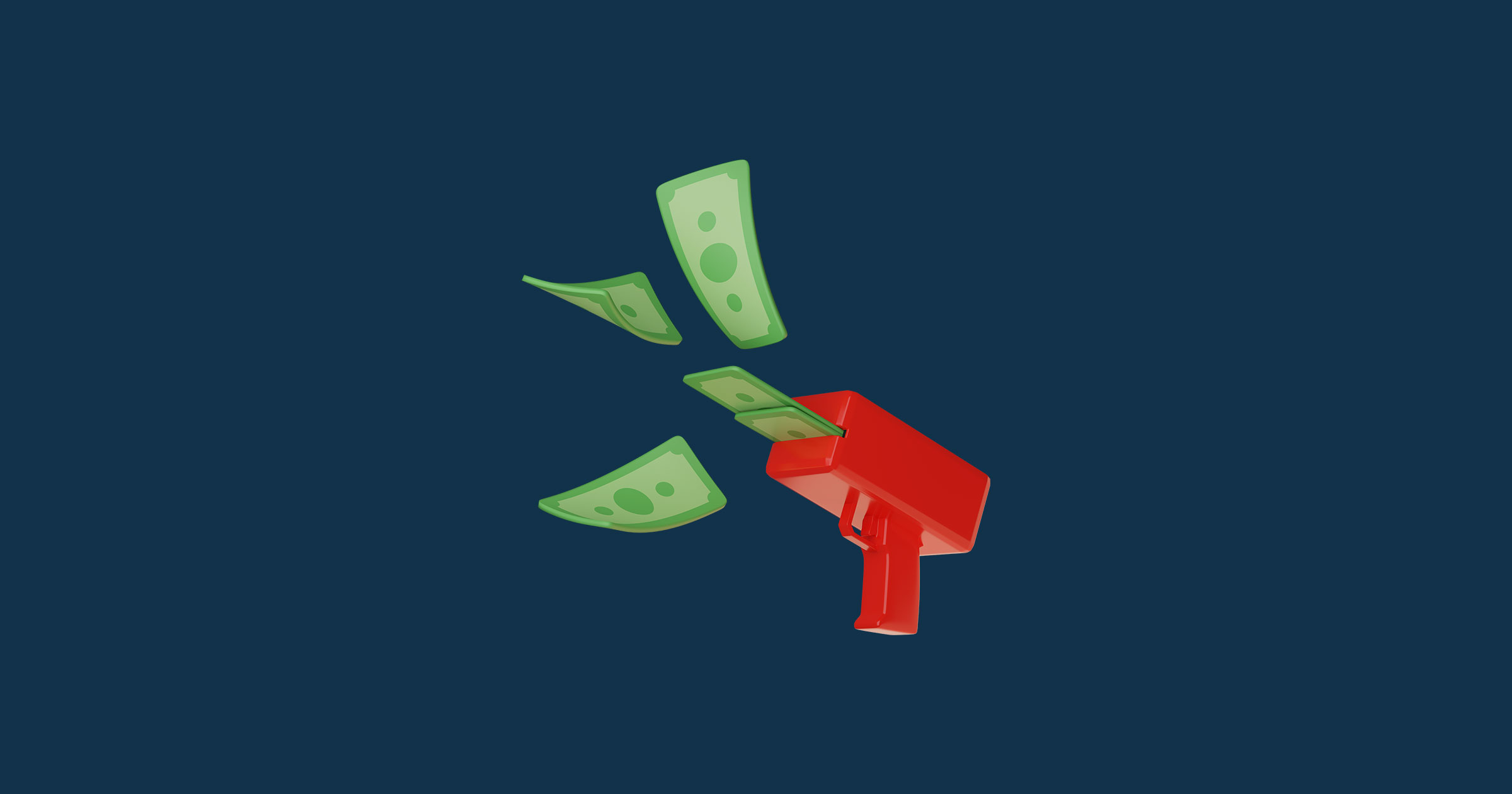Have you ever wondered what you would do if you won the lottery? Or if you were the beneficiary of some long-lost fortune?
Many people daydream about a financial windfall, but it’s not entirely far-fetched. It can also happen through an inheritance or a career or a side hustle that’s going extremely well.
If it happens to you, how can you make the most of your newfound wealth? Read our guide below.
1. Clear your mind
Emotions can run high when you come into unexpected wealth. It’s easy to get swept away by the excitement over all the ways you can spend the money or the fear of losing everything just as quickly.
Sudden wealth can also come out of unfortunate situations, like the death of a loved one. The first thing to do is to take a step back and give yourself space to process the situation.
When you’ve recovered from the initial emotional reaction, you’re more likely to make rational decisions instead of impulsive ones that may not match your long-term goals.
2. Get the help you need
Navigating a financial windfall alone can be overwhelming, especially if you lack experience in managing large sums of money.
You may need to consult financial advisors, estate planners, or legal experts. These professionals can help you balance your short-term wants with long-term needs and guide you through any tax requirements.
3. Create your gameplan
A windfall is proof that life is full of surprises, both good and bad. Before you start living it up, make sure to build a strong financial foundation so you can weather any changes.
Here are a few things to add to your financial to-do list:
- Pay off debt
Interest payments can eat into your earnings, especially when rates are high. Paying down debt allows you to minimize such payments.
This frees up money that you could spend on needs or invest for your future instead.
- Create an emergency fund
To prepare for emergencies, experts generally recommend setting aside 3 to 6 months’ or even up to a year’s worth of your living expenses.
A huge financial boost lets you build your emergency fund quickly and enjoy having a safety net sooner.
- Grow money for your goals
Once your debt is manageable and you have enough emergency savings, you can consider investing for a better potential to build your wealth and make it last.
If you’re new to investing, begin by setting clear goals like retiring comfortably, starting a family, or making a big purchase. Then, find out your investor profile to discover which investments match your goals.
If you’re already an investor, a windfall is an opportunity to strengthen your portfolio by investing in a diverse mix of products.
- Budget for luxuries
When the news of your good fortune breaks, it’s natural to think of all the things you’ve always wanted to buy but couldn’t afford before, even if they’re non-essentials.
As long as you have your priorities straight, you can leave room in your budget for these luxuries. Just remember to stick to a limit so you won’t go overboard.
4. Give back with care
One of the most rewarding aspects of a windfall is the chance to give back. It’s good to think of others, but charity might become unsustainable without proper planning.
To prevent this, set an exact amount that you’re comfortable giving. Then, identify charitable causes or people you’d like to support.
Be mindful of relationship dynamics when gifting money to family or friends. It’s ideal to provide help in ways that won’t encourage dependency or create tension but instead empower others to work toward their own goals.
5. Make sure it lasts
The saying “easy come, easy go” doesn’t have to ring true if you make the effort to preserve and grow your wealth. Remember these:
- Keep lifestyle inflation in check
Lifestyle changes happen as you move up in life, but you should avoid spending too much too fast. Try to maintain modest spending habits.
- Prepare for a long life
You may feel like you’re already set for life after receiving a huge amount of money.
However, you should remember that money tends to lose its value over time because of inflation.
There are also life events that can be costlier than you’d expect. To make your money last, think long-term and keep your financial goals in mind.
- Think before quitting your job
Quitting a day job to travel or pursue other passions is a common theme in stories of overnight riches. Before you turn in that resignation letter, think about everything you’re leaving behind.
Is your financial cushion enough to give you the lifestyle you want without a regular paycheck? Can you replace any healthcare or retirement benefits offered by your job?
If you really want to leave your job but still need the income, a windfall can help you make a gradual career change. You can use the money to learn a new skill, pursue further education, or turn a business idea into reality.
Making the most of a once-in-a-lifetime opportunity requires careful thought and planning.
Remember that the same principles of mindful spending, saving, and investing also apply when you want to maximize any unexpected money, big or small.




